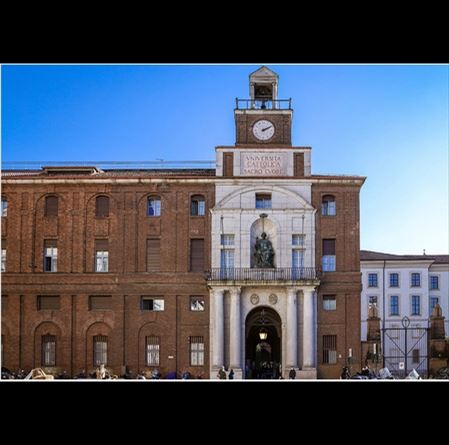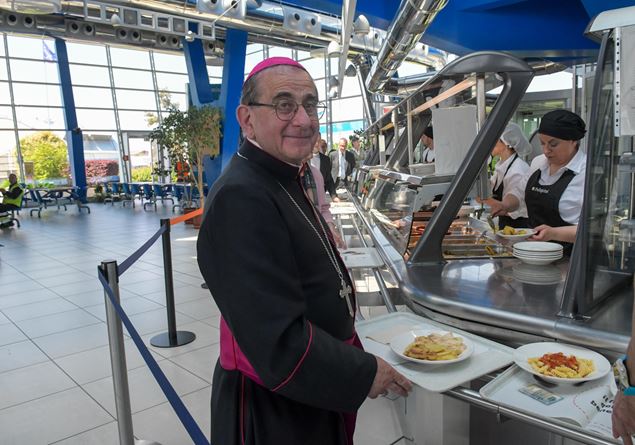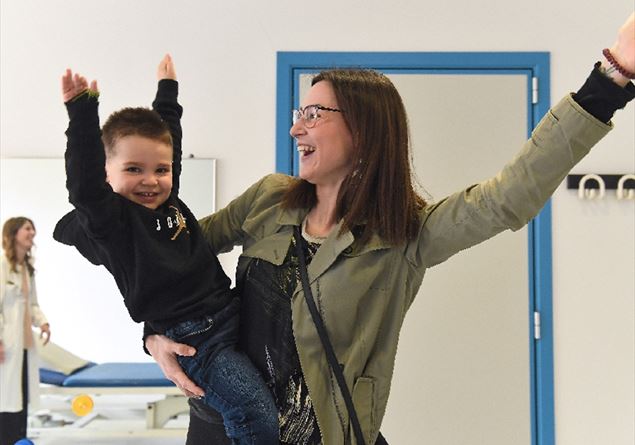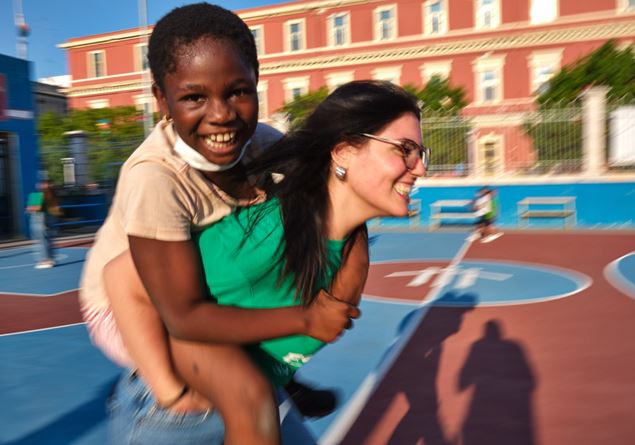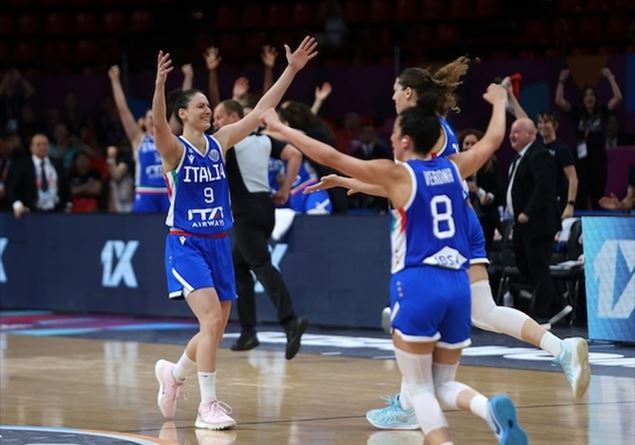What do you have a jam session and a corporate meeting? At first glance nothing. Yet, under the surface, there is an invisible but robust thread: improvisation. It is the art of deciding in the flow of events, accepting uncertainty without suffering it. As in jazz, even in the work teams, success depends on the ability to listen, adapt, act with competence, enhance the error and take the opportunity hidden in the chaos.
From this intuition was born the research project that will be presented on Wednesday 8 May at the Catholic University of the Sacred Heart of Milan, in the conference “Jazz, communication and culture”. An interdisciplinary study involving researchers from the Department of Communication and Entertainment Sciences and Psychom together with the Civic Jazz Courses of the Claudio Abbado Music School, and which starts from the pioneering studies by Alessandro Duranti and Kenny Burrell (Ukla, 2005), and Marco Mariani (Bocconi, 2016).
At the center is jazz interplay, that fluid dialogue between musicians who build in real time and who have a lot to teach to those who work in complex organizational contexts. Like a saxophonist who suddenly suddenly on a shared structure, so even members of an effective team must have solid foundations (knowledge, skills, business processes) but also flexibility to get out of the patterns and create value.
At the base of both worlds there are two keywords: trust and listening. Without the first, there is no shared risk. Without the second, there is no harmony. The musical and professional interaction thus feed each other, in a continuous game between structure and freedom.
The research project analyzed twenty hours of recordings – lessons, tests and concerts – involving fifty musicians. Interviews, questionnaires and field observations complete the analyzed corpus. The goal? Explore the conversational and gestural processes that intertwine with musical practices, to better understand how creative coordination is born both on stage and in the office.
The conference will also be an opportunity to reflect on the role of jazz in Milan as an engine of cultural integration and urban regeneration. To conclude the day will be the intervention of Enrico Intra, an internationally renowned pianist and the founder of the civic jazz courses, who will tell his vision of jazz as a frank language of our time.
As Miles Davis would say: “Jazz is what happens when thought meets instinct”. And perhaps, even a work of art, when it works, is a bit like this.





